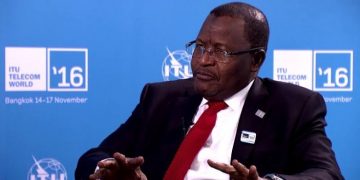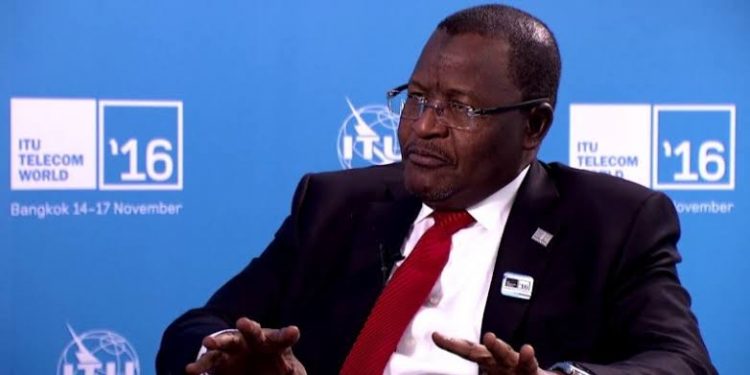By Emmanuel Nduka
Professionals in the telecom sector are groaning over the rising outsourcing of tech-related contents from overseas, stating that it will undermine the gains made so far and eventually cripple the sector, if something is not done urgently to stem the tide.
The worry was expressed by the Association of Telecommunications Companies of Nigeria (ATCON). ATCON put the annual outflow of foreign exchange for the telecommunications sector at approximately $2.16 billion.
Experts in the sector who have pushed for the development to be halted immediately, believe the starting point should be by calling governments at all levels, as well as promising tech start-ups, to reduce quest for foreign contents and develop an appetite for local solutions.
Head of Entrepreneurship and E-business at the Federal University of Technology, Minna, Prof. Olalekan Sakariyau, said the statistics which was obtained from ATCON, was gotten from the pattern of foreign exchange spending.
“A breakdown of the forex spending is as follows: capital expenditure, Capex, programme, is $750 million, Network Software Licensing- $250 million, Management Fees- $800 million, Managed Services (Tier 2 & 3 Support)- $157 million, Miscellaneous, including International circuits, roaming and terminations reconciliations, among others – $200m,” he said.
While lamenting that 77 percent of software in use in the country is foreign, he said the remaining 23 percent is obtained locally.
The statistics added that Hardware is 86 percent foreign and 14 percent local.
The statistics also revealed that Base Transceiver Station, BTS in the country has a dominance of 88 percent foreign over only 12 per cent being manufactured in Nigeria.
Sakariyau who spoke on the topic: ‘The National Strategy for Promotion of Indigenous Contents in the Telecoms Sector’ at the Emerging Technologies Research and ICT Innovation Competition/Exhibition organised by the Nigerian Communications Commission, NCC, recently, said there is a need to intensify promotion of digital manufacturing, software development and research and development for digital innovation and entrepreneurship in the country.
Thus, he called for a deliberate policy objective focused on local manufacturing of Subscriber Identity Module (SIM cards) smartphones, recharge cards, parts, fibre optic cables, masts, among others to shore up the deficits.
He also advocated good coordination between foreign and domestic players and voted for the promotion of indigenous languages, in developing appropriate digital literacy resources, among others.
Executive Vice Chairman of NCC, Prof. Umar Danbatta, while unveiling the competitors earlier, said considering the enormous talents of the country, there is no reason Nigeria cannot produce what it consumes.
“It is my hope and expectation therefore that this event unlocks and showcases the inherent potentials and innovations that are in our youths, create opportunity for Startups to meet with the venture capitalists, proffer possible support for the commercialization of prototypes while ensuring that the nation meets the country’s desires of producing what we consume and consuming what we produce,” he said.
Nigeria has an existing Indigenous Content Policy in the country, which generally points at encouraging the development of indigenous skills, technology transfer, use of indigenous manpower and indigenous manufacturing.




































